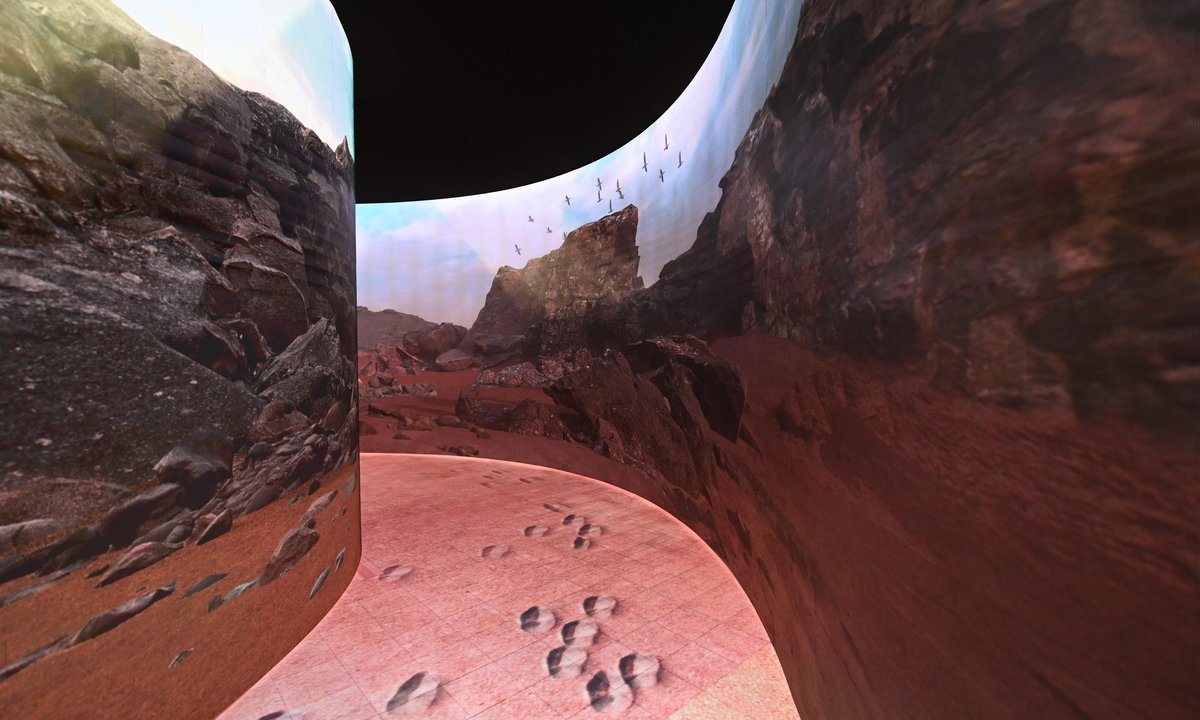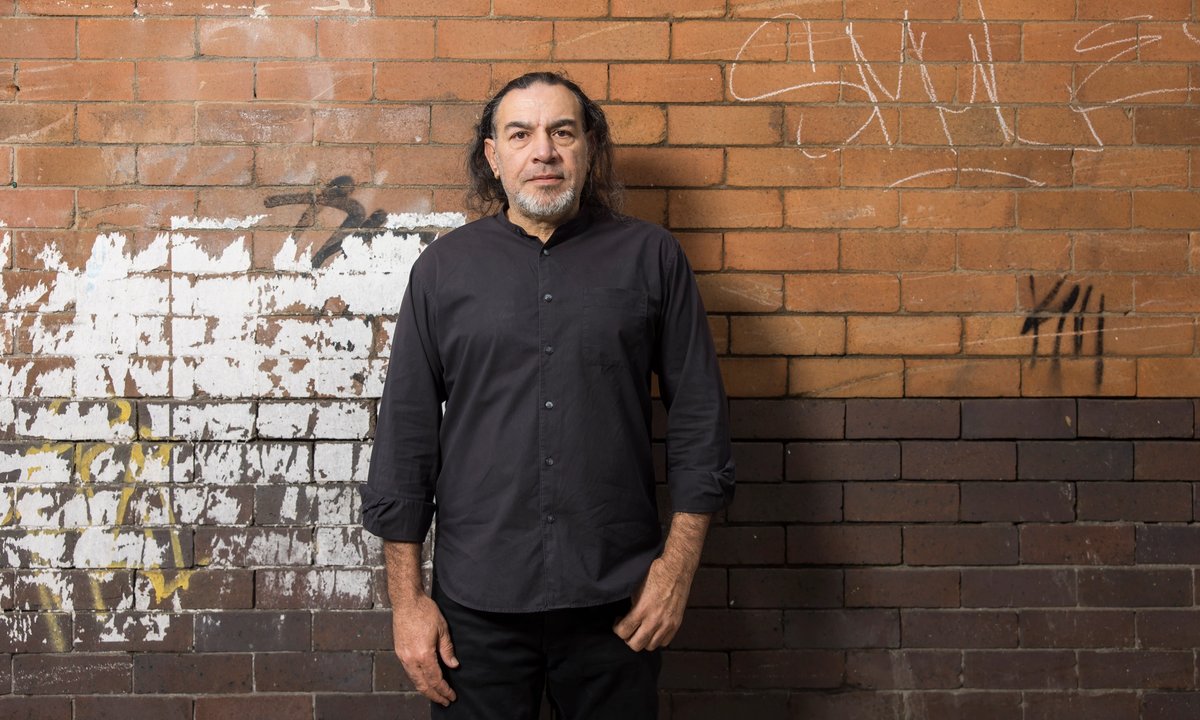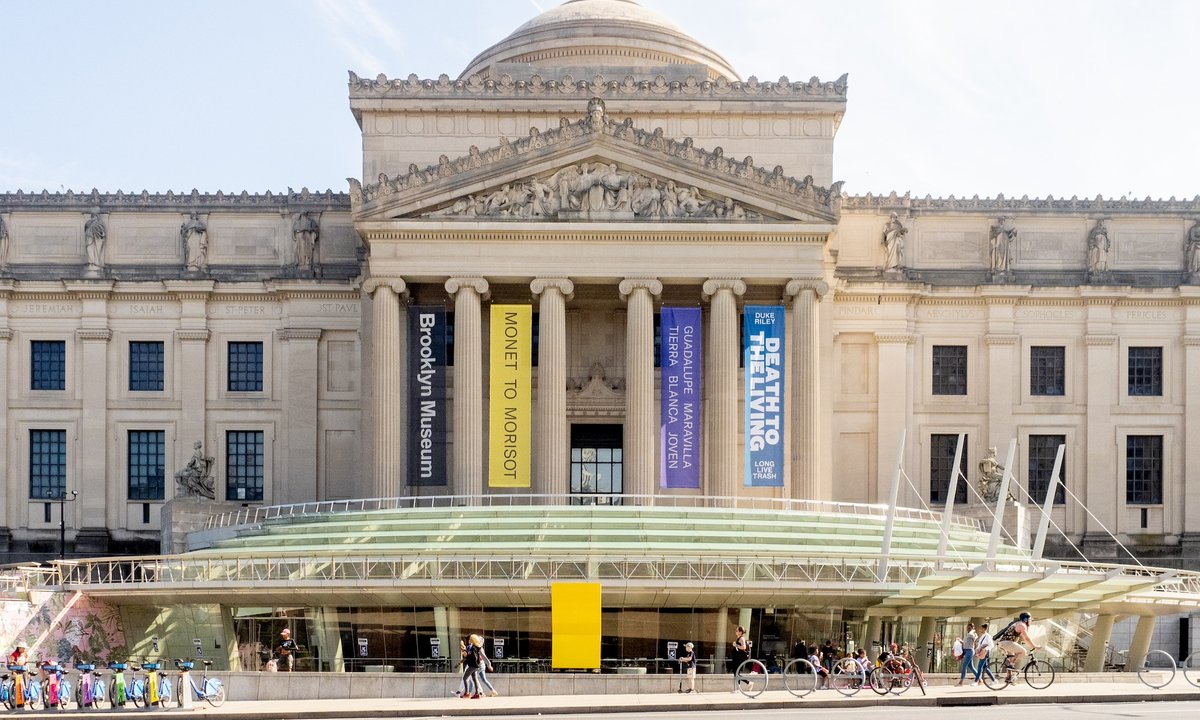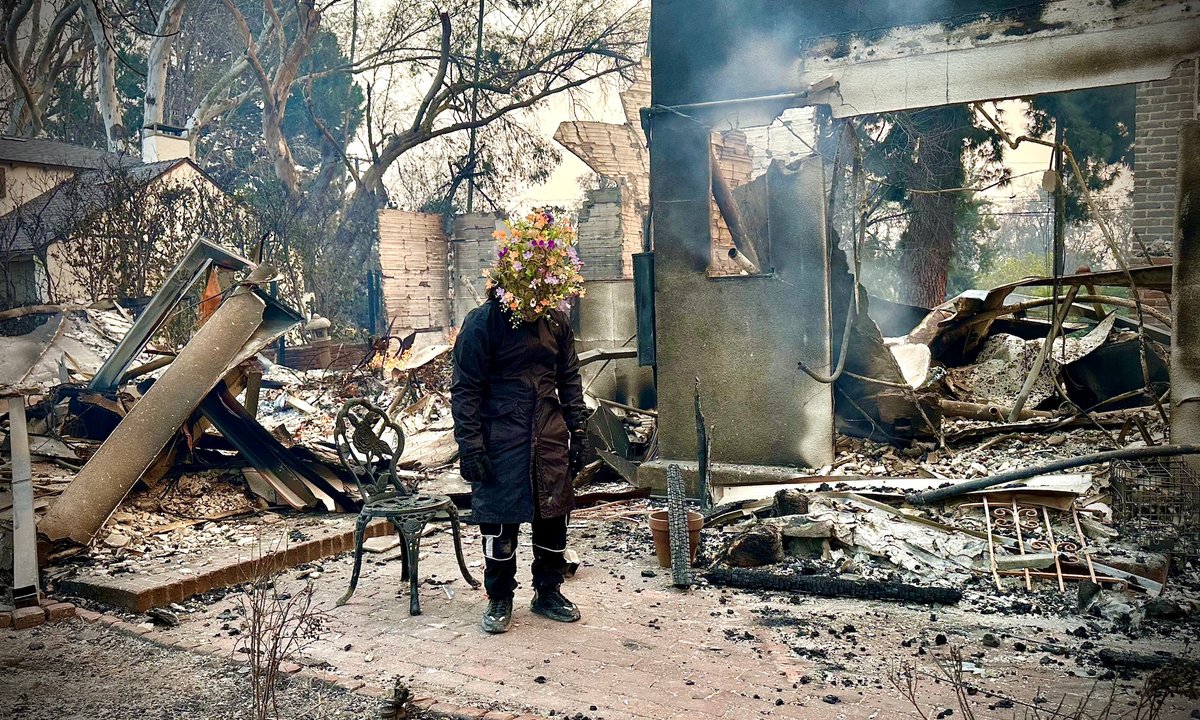Fourteen hundred years ago, the Prophet Muhammad made an eight-day journey known as the Hijrah. Facing religious persecution in his home city of Mecca, he led his followers on a 400km trek across the desert to Medina. Meaning the “migration” in Arabic, the event is considered a founding moment of Islam, and marks the starting point of the Islamic calendar.
Now, a major exhibition at the King Abdulaziz Center for World Culture in Dhahran, Saudi Arabia—better known as the Ithra Museum—follows in Muhammad’s footsteps. It combines the latest research into the exact route of the Hijrah with immersive audio-visual exhibits that will allow visitors to experience it for themselves.
“There’s never been an exhibition or a documentary or a film about the topic and it’s difficult to stress the importance of the story for Muslims around the world,” says Idries Trevathan, the museum’s curator of Islamic art and culture. “It’s really a foundational story for over a billion people around the world, so it was surprising to find that nothing had been created before.”
Hijrah: In the Footsteps of the Prophet is built on the exhaustive research and fieldwork of Abdullah Hussein Alkadi, one of the world’s leading authorities on the Hijrah. Alkadi has spent decades studying and travelling the exact route the prophet and his companions took across the desert, as well as exploring the wider story, life and legacy of this journey. For the exhibition the film director Ovidio Salazar travelled the route and filmed the landscape in unprecedented detail using drone photography, near-infrared cameras and time-lapse photography.
“A lot of people when they think of Saudi Arabia, they think of sand dunes,” Trevathan says. “Even Muslims when they think of the Hijrah journey, they will think of the desert you might find here in the Eastern Province. But actually the Hijrah route is very mountainous and very rocky. It’s an incredibly dramatic landscape, incredibly diverse.”
The exhibition is arranged in eight sections for each of the eight days of the journey. As well as immersive audio-visual installations and films, the exhibition explores the material culture of pre-Islamic Mecca and Medina, through a range of artefacts from Ithra’s own collection and borrowed from institutions including the National Museum in Riyadh. These are complemented by new commissions from artists and craftspeople from all around the world—including India, Pakistan, Syria, Jordan, Spain, the UK, the US, Turkey and Afghanistan.
Brotherhood by Saudi artist Zahra Al Ghamdi is one of the contemporary art commissions in the exhibition Courtesy Ithra Museum
“For example we have worked with Nuria Garcia, who’s a Spanish calligrapher, to create what’s called a hilye, which is a calligraphic portrait of words of the prophet,” Trevathan says. “We also have a work by Zahrah Al Ghamdi, which is a very contemporary piece where she got pieces of fabric, dipped them into earth and knotted them to create what resembles the roots of great tree. She links it to a concept of brotherhood, where the Ansar, the people of Medina, and the Muhajirun, the people who travelled from Mecca, came together and created this new community.”
Located on Saudi Arabia’s eastern coast, the Ithra Museum is operated by the state-owned oil and gas company Saudi Aramco, and opened fully in 2018. Its displays explore the art, culture and natural history of the Arabian Peninsula, as well as hosting temporary exhibitions of international art, including Edvard Munch and Leonardo da Vinci.
This is the Ithra Museum’s first touring exhibition—it will be shown at venues in Saudi Arabia for three years, before travelling to venues around for the world for a further two years. The itinerary is still being planned, but Trevathan hopes that it will visit majority Muslim countries such as Malaysia and Pakistan, as well as Western countries.
“What we tried to do is address the knowledge gaps and tell the story as comprehensively as possible,” he says, “but also to show that it’s actually a universal story—something that’s relevant for Muslims but for non-Muslims as well. It addresses universal themes which I think everyone can engage with—they include migration, companionship and love.”
• Hijrah: In the Footsteps of the Prophet, Ithra Museum, Dhahran, until 30 April 2023; National Museum, Riyadh, 30 June-30 November 2023; then touring







